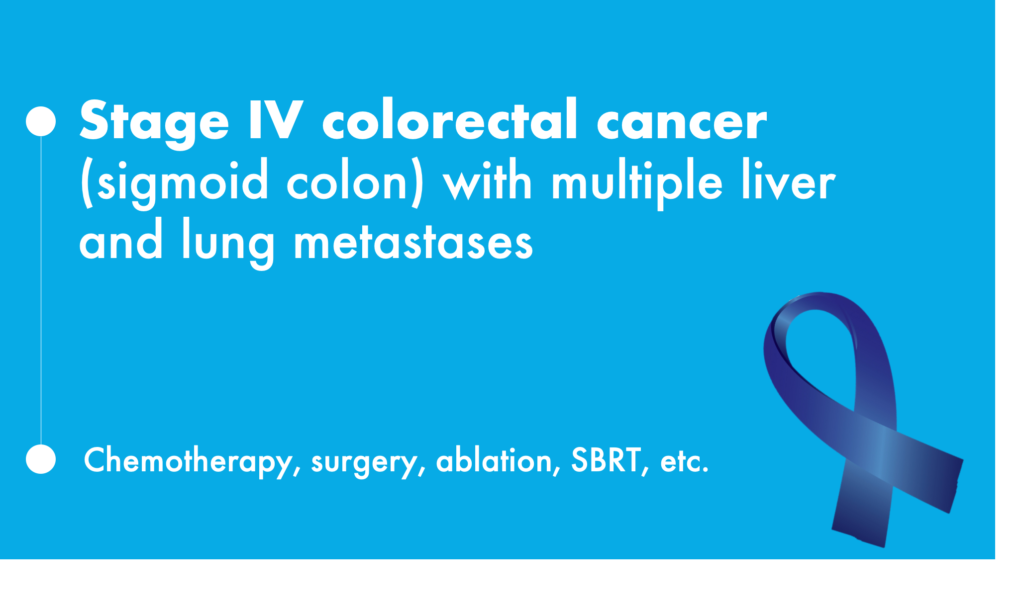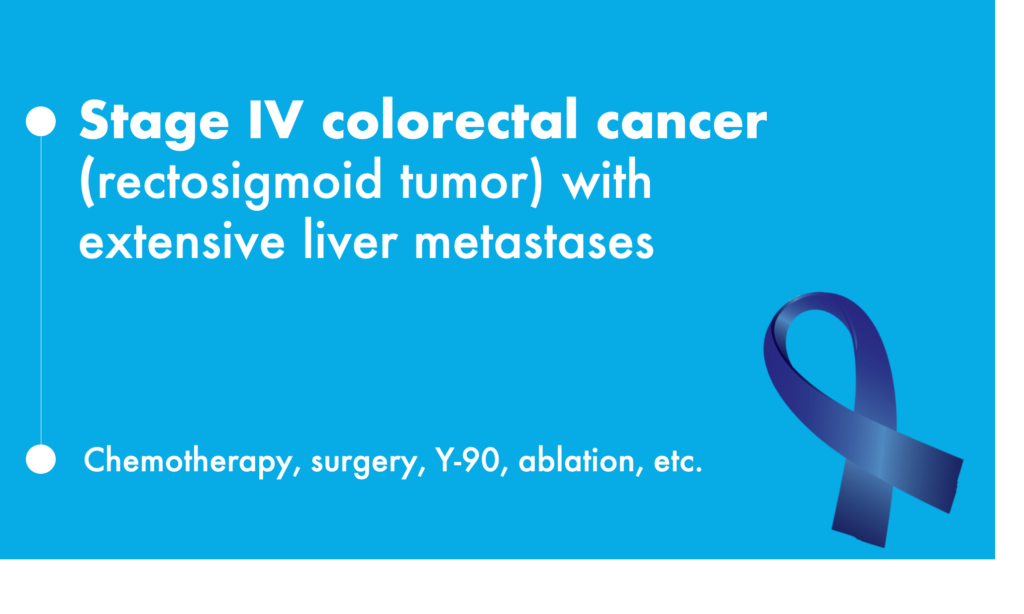Journey of Resilience
A 77-Year-Old’s Journey Through Stage IIIA NSCLC and Unexpected Progress
A Miraculous Turnaround: How Lifestyle Changes Correlated with Tumor Regression
A 77-year-old man presented with mild, intermittent right upper chest pain lasting about a month. Being a lifelong nonsmoker, he found this discomfort surprising, though it did not require pain relief. Apart from reduced breath sounds in the right upper zone, his physical exam revealed little else. Initial imaging via chest X-ray detected a suspicious lesion, prompting further evaluation with a CT scan of his thorax and liver. The scan showed a sizable mass in the anterior segment of the right upper lobe (5.8 × 5.0 cm), infiltrating the lateral chest wall and eroding the third rib. An enlarged right hilar lymph node (2.0 × 1.7 cm) was also discovered.
A bronchoscopy with endobronchial ultrasound and biopsy confirmed a poorly differentiated non-small cell lung cancer (NSCLC) featuring notable nuclear pleomorphism, with no targetable mutations found. Staging investigations, including a bone scan and a CT brain, ruled out metastatic spread beyond the thoracic region, leading to a T3N1M0 (Stage IIIA) classification.
Although the recommended course of action was curative-intent radiation therapy plus concurrent chemotherapy, the patient declined. Similarly, he opted out of palliative radiation. Instead, he introduced substantial dietary changes by increasing fruit and vegetable intake and adopted a regular exercise regimen. At a three-month follow-up, he reported complete resolution of chest pain. A repeat CT scan indicated a marked reduction in tumor size (now 3.8 × 2.7 cm), as well as a smaller right hilar node. Subsequent scans at 6, 9, 12, and 18 months demonstrated ongoing tumor shrinkage, ultimately stabilizing by 24 months. Currently, imaging shows only residual soft tissue density and localized scarring, with no evidence of significant lymphadenopathy or metastases.
This remarkable case highlights how personal choices, alongside ongoing medical evaluations, may sometimes coincide with favorable clinical responses, even without standard cancer therapy. Written consent was obtained from the patient for this report.
Diagnosis
T3N1M0 (Stage IIIA) poorly differentiated NSCLC
Biomarker profile: Not reported
Treatment
Declined recommended radiotherapy and chemotherapy, chose lifestyle modifications (diet and exercise)
Outcome
Ongoing tumor size reduction over two years with no evidence of disease progression
Source: Ooi, K. H., Cheo, T., Soon, G. S. T., & Leong, C. N. (2018). Spontaneous regression of locally advanced nonsmall cell lung cancer: a case report. Medicine, 97(31), e11291.


